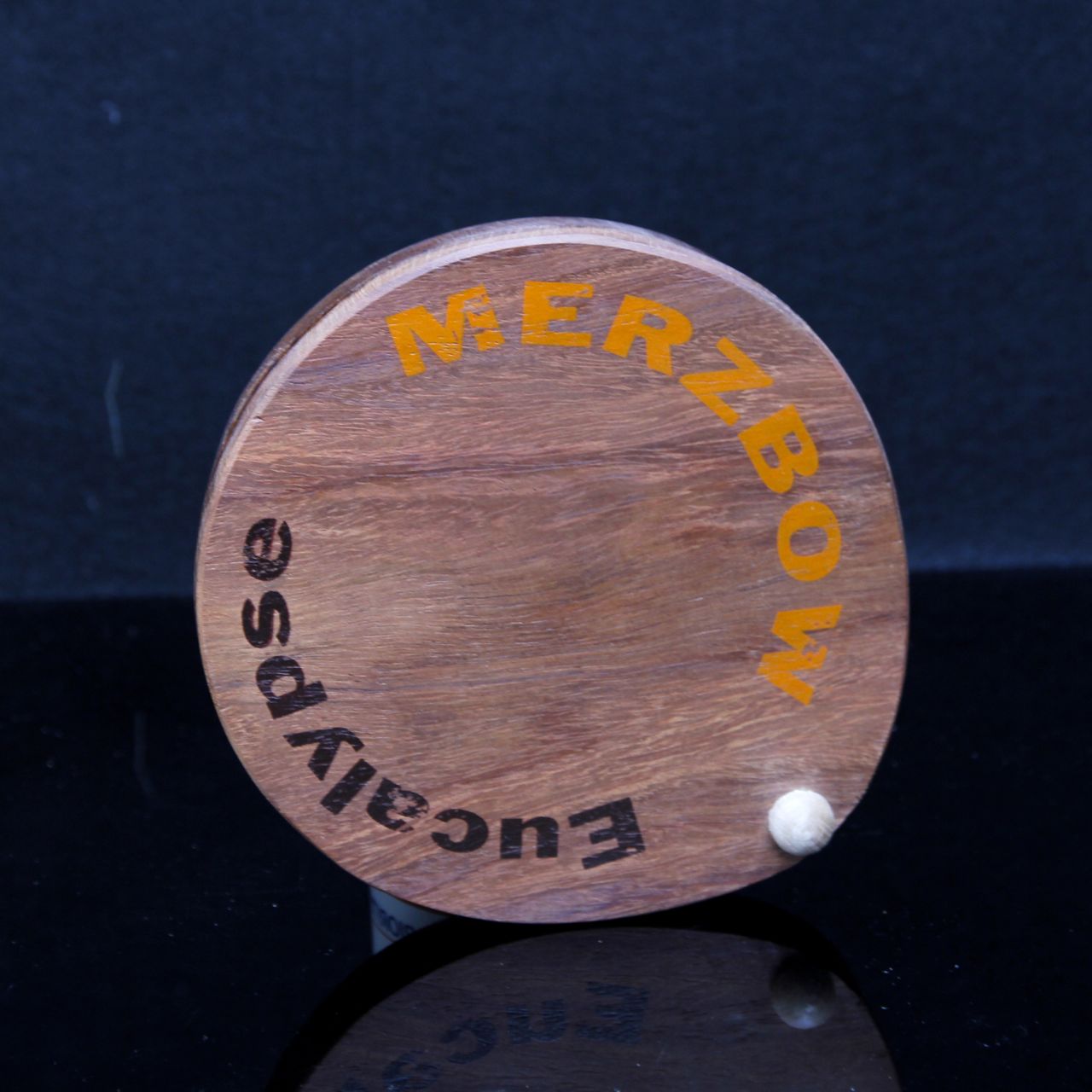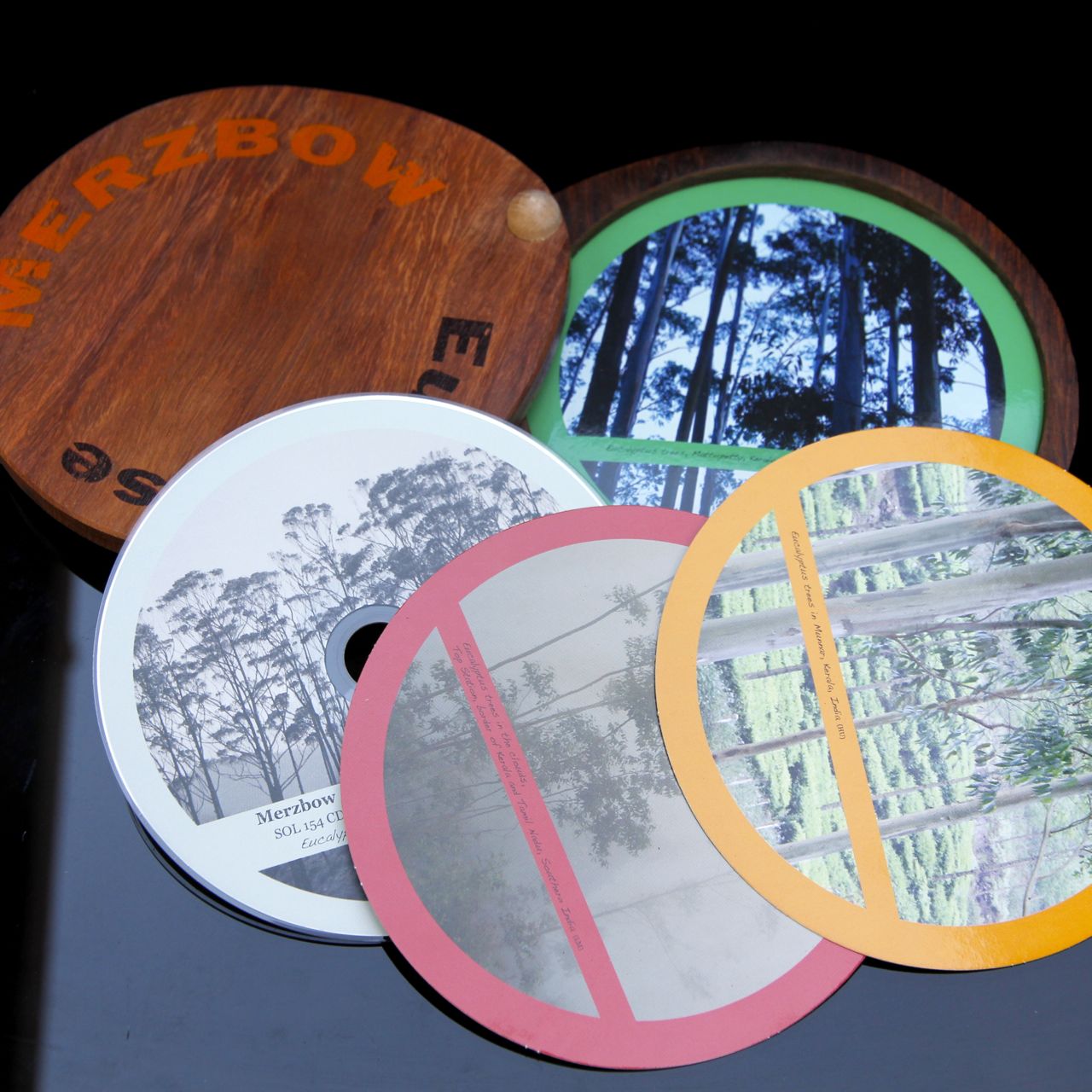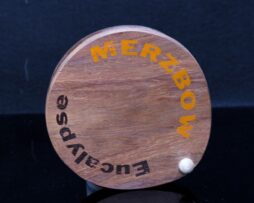Description
The Tasmanian Blue Gum tree, Eucalyptus globulus, is native to Tasmania and southern Australia. Eucalyptus trees are uniquely suited to the varied ecologies of Australia, and there is no other continent more closely associated with one genus of tree. Its leaves are the food of choice of the koala, and its flowers attract bees and hummingbirds. Out of approximately 300 identified species, Blue Gums are now the eucalyptus most frequently found in other parts of the world. Throughout the tropics they are known for their ability to dry out swampy areas, making them a valuable weapon in the fight against malaria, a disease caused by parasites carried in female Anopheles mosquitos, which breed in standing water. Eucalyptus globulus was first brought to India in the late 18th century. Large plantations were establish in Kerala in 1863, but other than small amounts of oil distilling, little use has been made of the fast growing trees. Instead, they have thrived in the moist, foggy hills, spreading far across the landscape and transforming the ecosystem in the process. With their deep roots they lower water tables, depriving native species of the moisture necessary to survive the annual dry season, while the anti-bacterial properties of the “blue gum” secretions they drop on the soil further suppress the germination and growth of other plants. An ancient and intricate web of life has been disrupted, and native plants, insects and animals are being driven to extinction. Humans, who have long been a part of the local ecosystem, are adaptable and will survive, but the biodiversity of an entire region is under threat from a single exotic species.
It is truly a eucalyptus apocalypse.
It is a eucalypse.
At Soleilmoon, packaging and presentation are never overlooked. This release is presented in a hand-crafted round wooden box with screenprinted swiveling lid. The box contains one CD and four round, full-color cards. Only 1000 copies of this handsome CD have been made.



